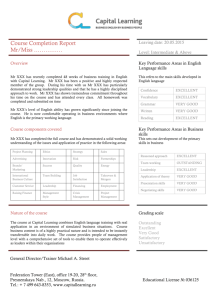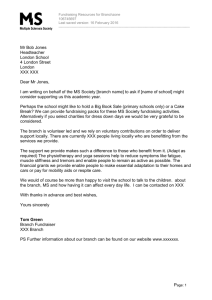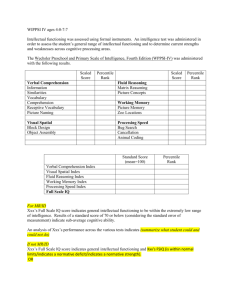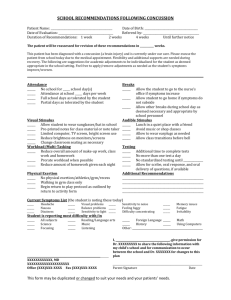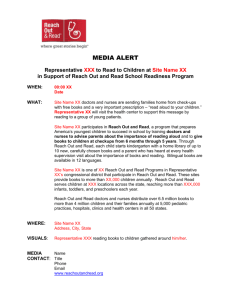8 Cognitive Template- KABC
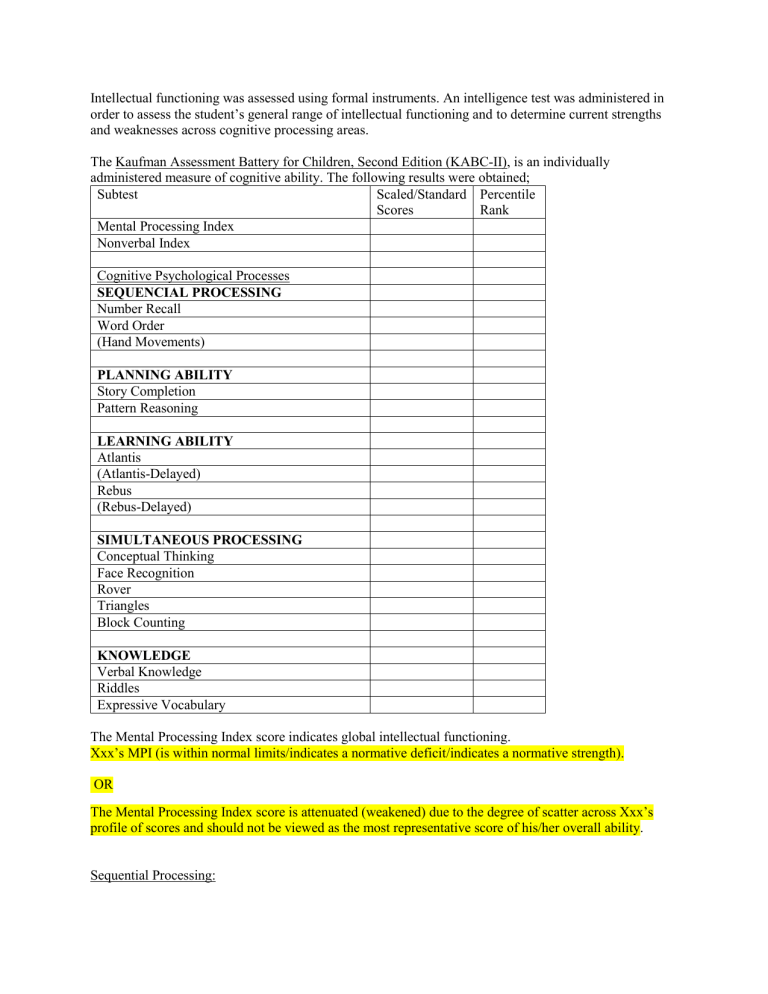
Intellectual functioning was assessed using formal instruments. An intelligence test was administered in order to assess the student’s general range of intellectual functioning and to determine current strengths and weaknesses across cognitive processing areas.
The Kaufman Assessment Battery for Children, Second Edition (KABC-II), is an individually administered measure of cognitive ability. The following results were obtained;
Subtest Scaled/Standard
Scores
Percentile
Rank
Mental Processing Index
Nonverbal Index
Cognitive Psychological Processes
SEQUENCIAL PROCESSING
Number Recall
Word Order
(Hand Movements)
PLANNING ABILITY
Story Completion
Pattern Reasoning
LEARNING ABILITY
Atlantis
(Atlantis-Delayed)
Rebus
(Rebus-Delayed)
SIMULTANEOUS PROCESSING
Conceptual Thinking
Face Recognition
Rover
Triangles
Block Counting
KNOWLEDGE
Verbal Knowledge
Riddles
Expressive Vocabulary
The Mental Processing Index score indicates global intellectual functioning.
Xxx’s MPI (is within normal limits/indicates a normative deficit/indicates a normative strength).
OR
The Mental Processing Index score is attenuated (weakened) due to the degree of scatter across Xxx’s profile of scores and should not be viewed as the most representative score of his/her overall ability.
Sequential Processing:
Sequential Processing is the ability to take in and hold information, then use it within a few seconds. This scale is composed of Number Recall (repeating verbatim, orally presented number sequences), Word
Order (touching a series of pictures in the same sequence as named by the examiner), and Hand
Movements (imitating a series of hand movements in the same sequence as performed by the examiner).
Xxx’s performance indicates … ( personalize this section based on your analysis of the student’s responses)
Planning Ability:
Planning is the ability to solve novel problems by using reasoning abilities such as induction and deduction. This scale is composed of Story Completion (selecting missing pictures and placing them in the correct location to complete a story), and Pattern Reasoning (completing a pattern by selecting the correct stimulus from an array of four to six options Xxx’s performance indicates … ( personalize this section based on your analysis of the student’s responses)
Learning Ability:
Learning is the ability to store and efficiently retrieve newly learned or previously learned information.
This scale is composed of Atlantis (identifying pictures of fish, plants and shells when given nonsense names by the examiner) and Rebus (learning a word or concept associated with particular drawings and then reading a phrase or sentence composed of the drawings). Xxx’s performance indicates …
( personalize this section based on your analysis of the student’s responses)
If using the delayed subtests insert in above paragraph
Atlantis-Delayed (pointing to nonsense pictures of fish, plants, and shells learned 15-25 minutes earlier) and Rebus-Delayed (read phrases and sentences composed of drawings learned about 45 minutes earlier)
Simultaneous Processing:
Simultaneous Processing is the ability to perceive, store, manipulate, and think with visual patterns. This scale is composed of Conceptual Thinking (identifying one picture that does not belong in a set of four or five pictures), Block Counting (identifying the number of blocks in pictures of stacks of blocks when one or more is partially or completely hidden from view), Face Recognition (identifying faces previously shown within a group of faces), Rover (moving a toy dog, on a grid with obstacles, to find the quickest path to the bone) and Triangles(reproducing a printed two-dimensional design using yellow and blue triangles). Xxx’s performance indicates … ( personalize this section based on your analysis of the student’s responses)
Knowledge: (not calculated in the MPI)
Knowledge is the breadth and depth of a person’s acquired knowledge of a culture and the effective application of this knowledge. This scale is composed of Verbal Knowledge (pointing to one of six pictures that show the meaning of the word or the answer to t he question asked), Riddles (pointing to a picture or saying a single word that answers a riddle) and Expressive Vocabulary (naming objects in illustrations Xxx’s performance indicates … ( personalize this section based on your analysis of the student’s responses)

